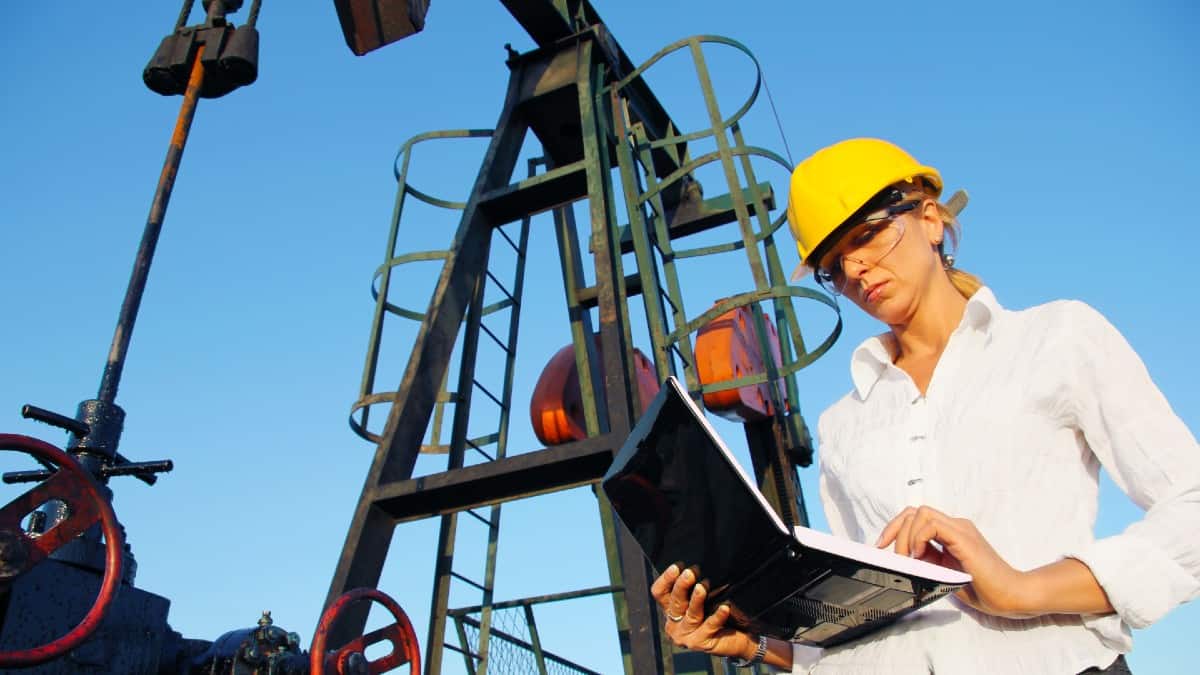FTSE 100 energy and petrochemicals giant Shell (LSE: SHEL) is down 6% from 8 March. I already have holdings in the stock, but I am thinking about increasing my position for three key reasons.
This is despite the risks that I can see in the stock. One of these is that lobbying by anti-oil groups may affect its operations. Another is that an accident at one of its sites may cause environmental damage, leading to severe fines.
Energy transition period underestimated
I am all in favour of a move away from fossil fuels, such as oil and gas. However, I think it will take a lot longer to achieve than many think.
In 2022, renewable energy comprised just 5.5% of the total global energy supply, according to the International Energy Agency (IEA). The same agency said that government pledges fall well short of achieving greenhouse gas ‘net zero’ by 2050.
Oil cartel OPEC believes that oil and gas will still be contributing 52% of the global energy mix by 2040.
These estimates are supportive of Shell’s core businesses, it seems to me. CEO Wael Sawan recently stated that it will keep oil production at 1.4m barrels per day until 2030. It will also expand its huge liquefied natural gas business.
On the other hand, the company is also at the forefront of the energy transition initiative. It plans to spend $10bn-$15bn by 2025 on low-carbon projects. It is also committed to achieving net zero emissions by 2050.
In short, whichever way the energy transition plays out, Shell will benefit, in my view.
Oil price on the rise
The Brent oil benchmark is currently at its highest level since 18 November last year. This also broadly supports gas prices, as historically 70% of its price is comprised of the price of oil.
Major support has come from ongoing oil production cuts from OPEC members and Russia (together, known as OPEC+).
OPEC leader Saudi Arabia announced on 5 September that its 1m barrel-per-day production cut will continue until the end of this year. Russia said it would extend its export cuts of 300,000 barrels per day for the same period.
These reductions add to the 3.66m bpd in collective cuts from OPEC+ since October 2022.
Decreases in production are broadly bullish for oil and gas prices, and this should also benefit Shell’s share price.
Valuations are compelling
Shell shares are currently trading at a price-to-earnings (P/E) ratio of 7.1. This is better than the other FTSE 100 big oil and gas firm BP at just 5.9.
However, to me, that is not the point — both are undervalued compared to many of their industry peers.
The US’s ExxonMobil has a P/E of 8.8, and Chevron’s is 10.3. Saudi Aramco’s is 16.2. Even considering the outlier in the group — Brazil’s troubled Petrobras — the peer average is 9.5.
Added to this compelling investment proposition mix for me is that Shell also pays a decent dividend.
After its stellar 2022 results, it increased the Q4 payout per share by 15% to 28.75 cents. This brought the annual total to $1.04. On the current share price of £26.13, this gives a yield of 3.17%. On 27 July, it also announced the start of a $3bn share buyback programme.







